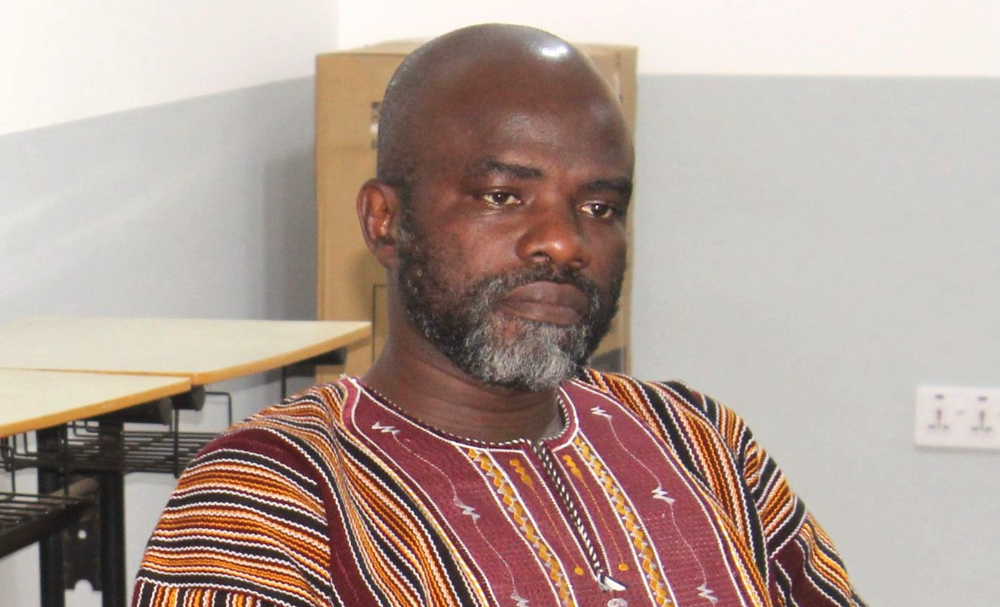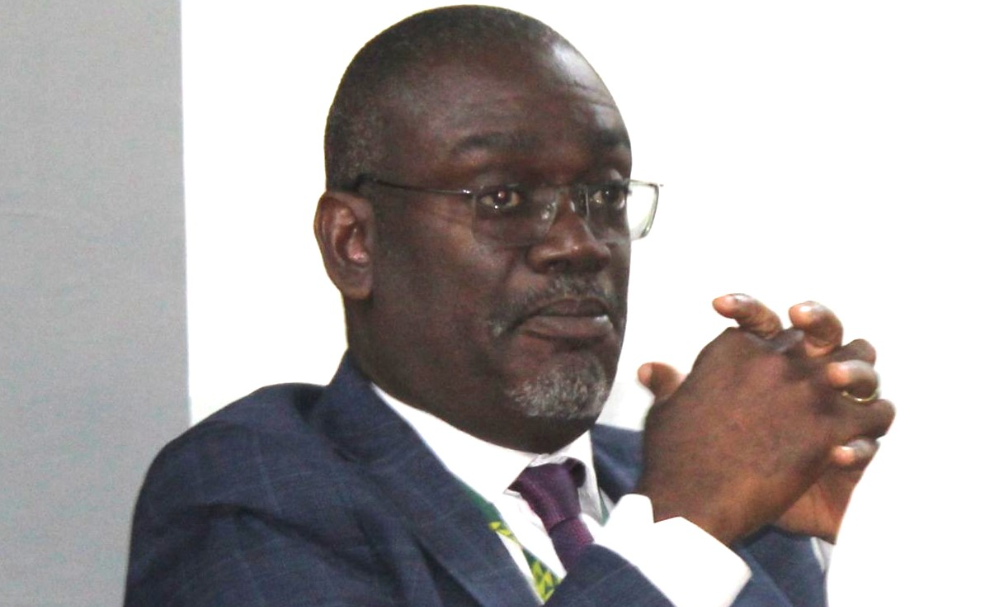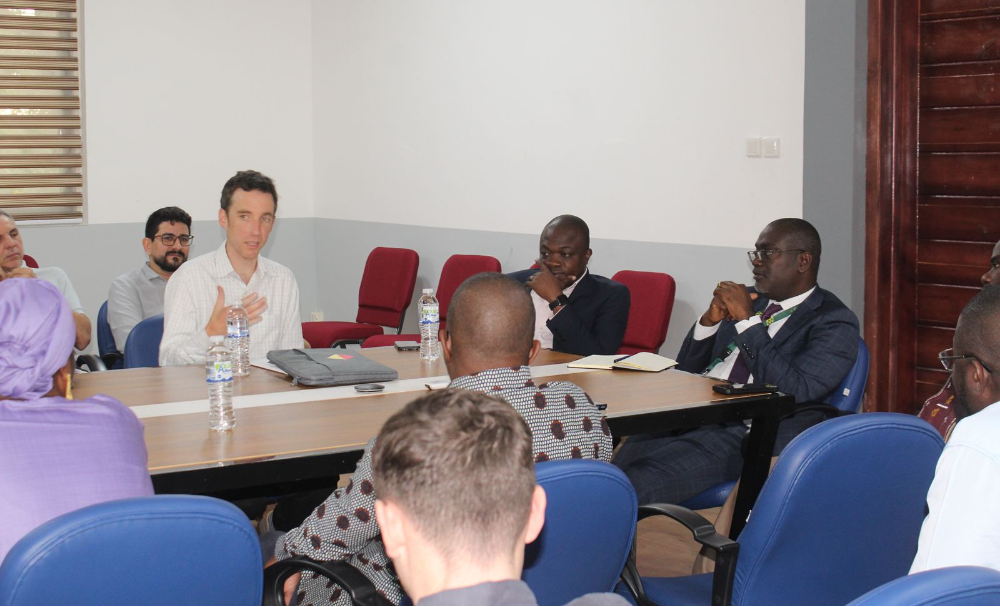The Kwame Nkrumah University of Science and Technology (KNUST, Kumasi has launched the Sustainable, Holistic, and Inclusive Energy for Well-being (SHINE) project, aimed at exploring how energy systems can contribute meaningfully to well-being in communities.
Funded by UK Research and Innovation (UKRI) through the Ayrton Challenge Programme, SHINE is a transdisciplinary initiative that examines the socio-economic, gender, environmental, health, and technological factors that influence the inclusiveness and sustainability of energy access interventions.
The project seeks to evaluate the success, failure, and well-being impacts of past energy access initiatives in sub-Saharan Africa, while developing a comprehensive SHINE framework. This framework will utilize transdisciplinary methods to reimagine energy system design with a focus on holistic well-being.
Speaking at the project’s inception meeting, Principal Investigator Dr. Sam Williamson, a Senior Lecturer at the University of Bristol, emphasized the broad impacts of energy.
“Energy has such an impact across all the Sustainable Development Goals. But when you’re creating an energy system, quite often you're doing it for one single purpose. We're trying to design systems that respond to a wide range of needs,” he said.
He added, “The foundation of the project is using the concept of well-being to inform energy system design. We're looking to develop a framework that spans five interdisciplinary teams: health, climate, gender and inclusion, technology and sustainability, and self, policy, and economics.”
Dr. Williamson explained that the team will carry out two interventions in each partner country. The first will focus on electric cooking in local communities.
“There’s a lot of engagement with communities to understand the real challenges around energy systems. This project isn’t about developing new technologies, but rather integrating existing technologies into effective, community-centered solutions,” he noted.
SHINE will engage stakeholders and communities in The Gambia and Ghana, recognizing the complex, intersectional realities of the energy transition in West Africa.

Professor Francis Kemausuor, Team Lead for Ghana and Dean of the Faculty of Mechanical and Chemical Engineering highlighted the broader vision of the project.
“One of the key outcomes will be a design framework that can guide researchers, project implementers, policymakers, and communities in developing energy systems that are both sustainable and inclusive,” he said.

Representing the Vice-Chancellor, Provost of the College of Engineering, Professor Kwabena Biritwum Nyarko, reaffirmed KNUST’s full support for the project.
“Everything we do, whether in teaching or research, must positively impact society. This project is a clear example of that, and top management's support is assured,” he stated.
He also emphasized the value of long-term collaboration.
“We hope this partnership continues beyond the life of the project. Through collaboration, we can tackle pressing challenges not just in energy, but across sectors to make the world a better place,” he added.
The SHINE project also includes national stakeholders such as the Ministries of Energy in The Gambia and Ghana, as well as the UNDP, all of whom serve on the advisory board to ensure the project aligns with ongoing national and international development efforts.

















